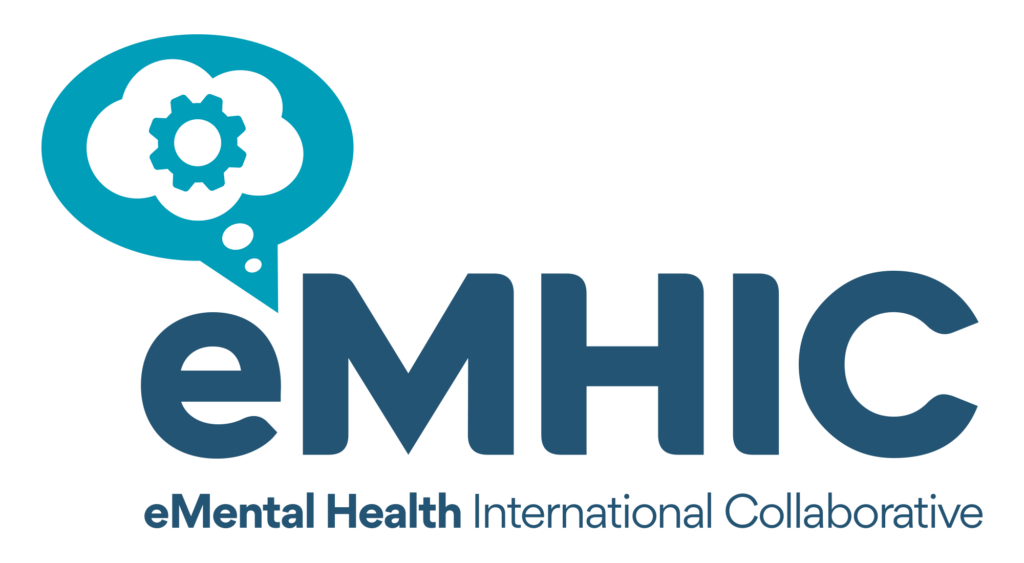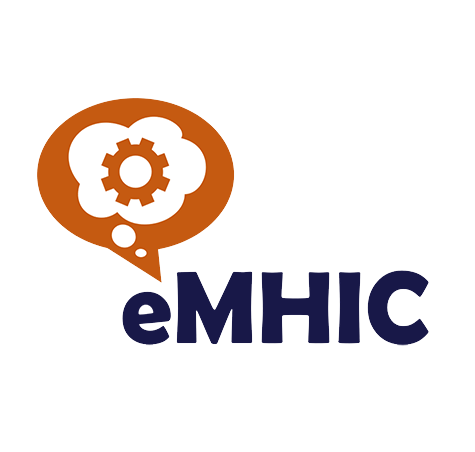Crisis support services, encompassing helplines, web chat, and text-based assistance, have emerged as a cornerstone of global mental health and suicide prevention strategies. This year, on World Mental Health Day, four leading international networks—Lifeline International, the International Federation of Telephone Emergency Services (IFOTES), Befrienders Worldwide, and the International Council for Helplines—united to emphasize their collective stance: crisis support services are not ancillary but essential. These services provide a lifeline to individuals grappling with distress, offering immediate, non-judgmental, and accessible support to mitigate the emotional and psychological toll of life’s adversities.
Addressing a Growing Global Mental Health Crisis
Rising living costs, unemployment, family pressures, violence, climate impacts, and rapid social changes have contributed to unprecedented levels of distress worldwide. Digital crisis support services bridge the gap for those unable or unwilling to access traditional healthcare systems. As Neil Hawkins of Befrienders Worldwide noted, the “befriending connection”—a compassionate and empathetic interaction—can profoundly improve mental well-being.
These services are particularly effective in suicide prevention, often serving as the first line of defense for individuals experiencing suicidal ideation. Research shows that many who use these services proceed to seek further mental health care, creating pathways to long-term recovery and resilience.
Digital Crisis Support in the Mental Health System
Recognized by the World Health Organization and the United Nations as an integral component of Universal Health Coverage (UHC), dgital crisis support services align with primary healthcare’s goals of accessibility and responsiveness. They complement clinical mental health treatments by addressing immediate emotional crises, reducing the risk of harmful outcomes, and fostering coping mechanisms.
The services are universally accessible—via phone, text, or face-to-face interaction—eliminating barriers like cost, eligibility requirements, or stigma. Their emphasis on empathy, empowerment, and respect makes them particularly appealing to individuals from marginalized or vulnerable groups.
A Call for Investment and Recognition
Global advocacy for digital crisis support services calls for its integration into national health plans. Governments can strengthen their mental health frameworks by recognizing emotional and psychological distress as primary health priorities. As Thilini Perera of Lifeline International articulated, “No person should be left alone in their times of despair and distress.”
With services operating in 145 countries, digital crisis support networks answer thousands of calls daily, saving lives and offering hope. Their role is not merely to respond but to prevent: empowering individuals with self-awareness, coping skills, and connections to their communities.
As the world grapples with complex mental health challenges, investing in crisis support services is not just compassionate—it is essential.
Learn more about the work of these organizations and their position statement here >> https://lifeline-international.com/crisis-helplines-and-digital-crisis-support-essential-services




